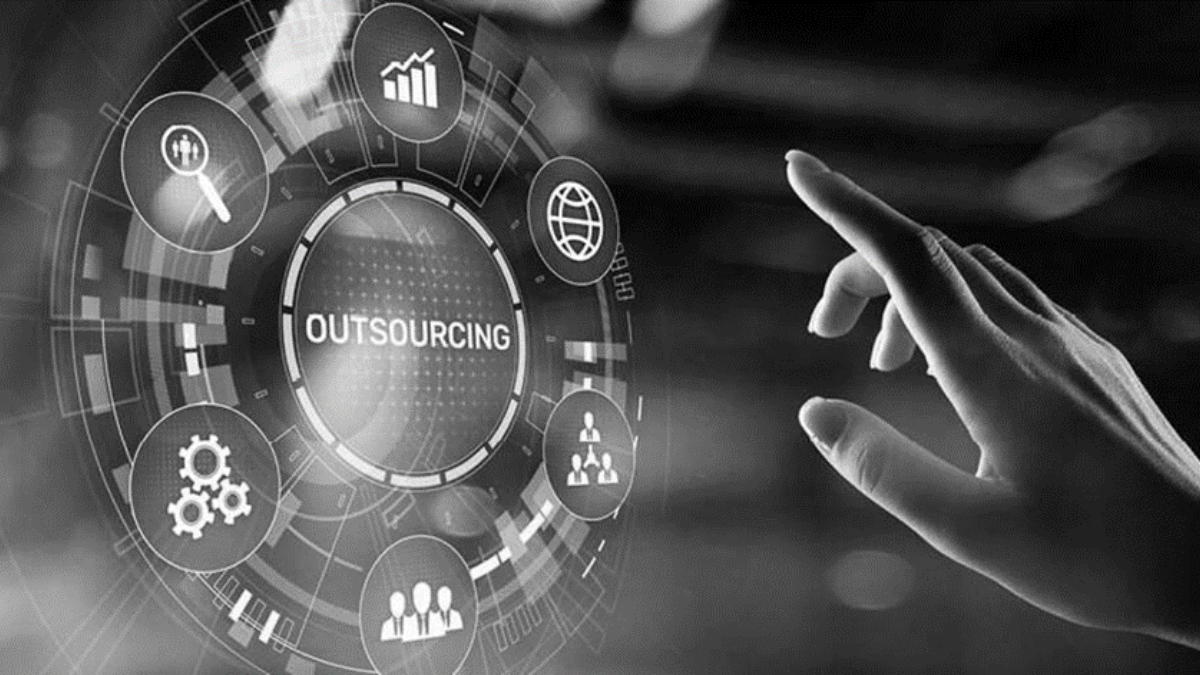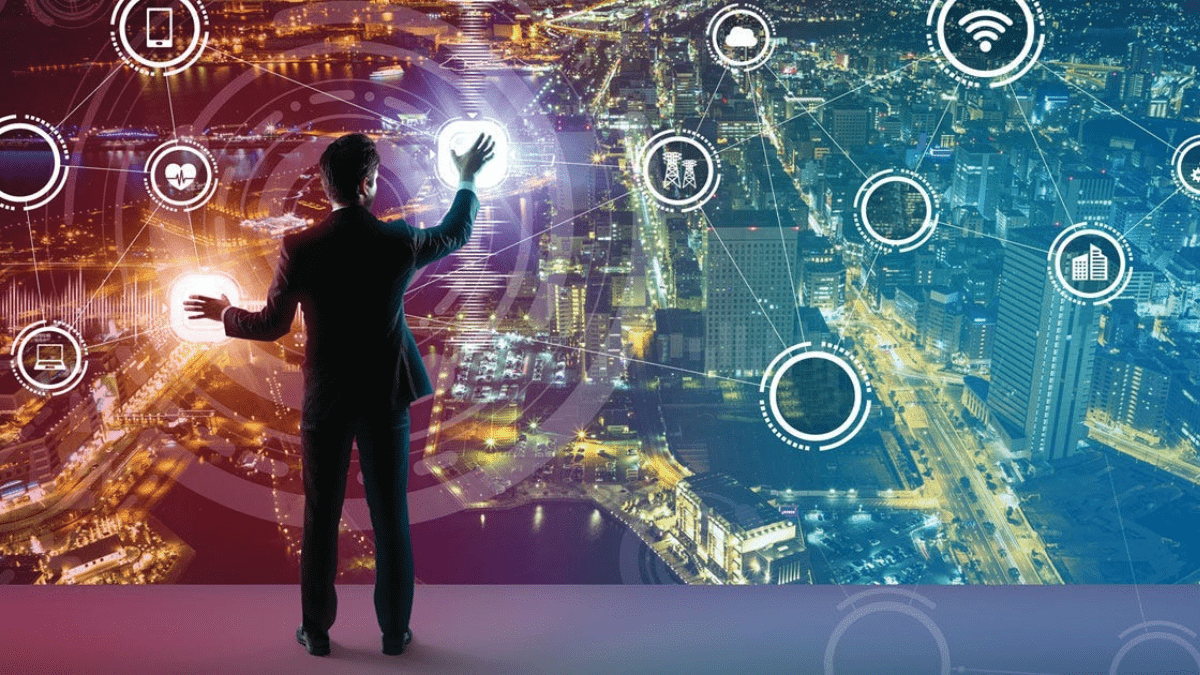In the ever-evolving landscape of retail, staying ahead of the competition requires more than just quality products and a prime location. One of the key drivers of success in today’s retail sector is the strategic implementation of Information Technology (IT) services. From streamlining operations to enhancing customer experiences, IT services play a pivotal role in unlocking efficiency across the retail spectrum.
Inventory Management and Supply Chain Optimization
Efficient inventory management is the heartbeat of any successful retail operation. IT services, through advanced inventory tracking systems and data analytics, allow retailers to gain real-time insights into their stock levels, demand patterns, and supplier performance. This translates into streamlined supply chains, reduced carrying costs, and the ability to respond swiftly to market fluctuations.
Point-of-Sale (POS) Systems for Seamless Transactions
Gone are the days of manual cash registers and hand-written receipts. Modern POS systems powered by robust IT services not only facilitate smooth and secure transactions but also offer valuable data on customer preferences and purchasing behavior. This data is a goldmine for retailers looking to personalize marketing strategies and enhance the overall shopping experience.
E-Commerce Integration for Omnichannel Success
The rise of e-commerce has reshaped the retail landscape, and IT services are at the forefront of this transformation. Integrating brick-and-mortar stores with online platforms seamlessly requires a sophisticated IT infrastructure. This enables retailers to provide a cohesive omnichannel experience, allowing customers to browse, purchase, and return items seamlessly across various touchpoints.
Data Security and Customer Trust
In an era where data breaches make headlines, ensuring the security of customer information is paramount. IT services not only protect sensitive data but also build and maintain customer trust. Retailers that prioritize cybersecurity measures demonstrate a commitment to safeguarding their customers’ information, fostering long-term loyalty.
AI and Machine Learning for Personalized Marketing
Understanding customer preferences and tailoring marketing efforts accordingly is a game-changer. IT services leverage artificial intelligence (AI) and machine learning (ML) algorithms to analyze vast amounts of customer data, enabling retailers to create targeted and personalized marketing campaigns. This not only increases customer engagement but also boosts sales and brand loyalty.
Enhanced Customer Experience through Mobile Apps
Mobile applications have become an integral part of the retail experience. IT services enable retailers to develop user-friendly and feature-rich mobile apps, providing customers with a convenient and personalized shopping experience. From mobile payments to in-app promotions, these apps enhance customer engagement and satisfaction.
Conclusion
As the retail landscape continues to evolve, the role of IT services in unlocking efficiency cannot be overstated. From optimizing supply chains to harnessing the power of data analytics, retailers that invest in robust IT solutions position themselves for sustained success in an increasingly competitive market. Embracing the technological revolution is not just a choice; it’s a strategic imperative for those looking to thrive in the dynamic world of retail.
Q1: How can IT services improve inventory management in retail?
IT services offer advanced inventory tracking systems and data analytics, providing real-time insights into stock levels, demand patterns, and supplier performance. This enables retailers to optimize their inventory, reduce carrying costs, and respond quickly to market changes.
Q2: What benefits do Point-of-Sale (POS) systems powered by IT services bring to retail businesses?
POS systems enhance retail transactions by providing a secure and seamless experience. Additionally, they offer valuable data on customer preferences and purchasing behavior, empowering retailers to personalize marketing strategies and improve overall customer satisfaction.
Q3: How do IT services contribute to creating an omnichannel retail experience?
IT services play a crucial role in integrating brick-and-mortar stores with online platforms. This integration enables retailers to offer a cohesive omnichannel experience, allowing customers to seamlessly navigate between physical and online channels for browsing, purchasing, and returns.
Q4: How can IT services enhance data security in the retail sector?
IT services implement robust cybersecurity measures to protect sensitive customer information. By prioritizing data security, retailers build and maintain customer trust, safeguarding against potential data breaches and demonstrating a commitment to customer privacy.
Q5: What role does AI and machine learning play in personalized marketing for retailers?
IT services leverage AI and machine learning algorithms to analyze vast amounts of customer data. This enables retailers to create targeted and personalized marketing campaigns, enhancing customer engagement, increasing sales, and fostering long-term brand loyalty.
For more information, visit Superior Codelabs.
Shaikh Fakruddin is the Founder and CEO of Superior Codelabs.





